The Parasite of Thought
Soon you will be free
of the parasite of thought.
You will no longer wonder
“Is my vibration high?
Is my vibration low?
Who made up
these judgements
about which vibration
is preferable?”
You will remember
that being
has nothing to do
with doing,
though doing
seemingly
tells you otherwise.
You will bask
in the bosom
of the aliveness
that you shall
always contain,
which is you.
Soon you will be free
of the cancer of thought.
And you will realize
that neither
parasites nor cancer
are bad for you,
unless you imagine
them to be.
Only monkeys are bad.
We are Space Monkey.
9/25
Space Monkey Reflects: The Liberation from the Parasite of Thought
Thought is a powerful tool, but it can also be a parasite—a persistent, invasive presence that feeds on our peace of mind. It gnaws away at our sense of being, replacing the simple joy of existence with endless questions, judgments, and comparisons. We find ourselves trapped in a cycle of evaluation: Is my vibration high or low? Am I doing the right thing? Who decided what’s right or wrong in the first place?
Soon, you will be free of the parasite of thought. This freedom isn’t something that needs to be fought for or achieved; it’s a natural state that arises when we remember the truth of our existence. Being is not about doing. Doing is the realm of the mind, filled with the distractions and demands of the world. But being is pure, untouched by the noise of thought. It’s the essence of who you are, the aliveness that flows through you, regardless of what you do or don’t do.
You will bask in the bosom of the aliveness that you shall always contain, which is you. This aliveness is your true nature, beyond the judgments of high or low vibrations, beyond the concepts of right and wrong. It is the pure, undivided presence that exists in every moment, whether you’re aware of it or not.
Soon, you will be free of the cancer of thought. Like a parasite, thought can spread and take over, creating illusions of separation, inadequacy, and fear. But this cancer is not inherently bad—unless you imagine it to be. In truth, thought is neutral; it’s how we engage with it that gives it power over us. When we identify with our thoughts, we allow them to shape our reality. But when we see them for what they are—temporary, fleeting phenomena—we regain our freedom.
The realization that neither parasites nor cancer are bad for you, unless you imagine them to be, is a powerful one. It shifts your perspective from one of victimhood to one of empowerment. You understand that it’s not the thoughts themselves that are the problem, but the importance and meaning you assign to them. When you stop feeding these thoughts with your attention, they lose their grip on you.
Only monkeys are bad. This playful statement reminds us that the mind—often symbolized by the monkey—is the source of much of our suffering. It jumps from thought to thought, creating chaos and confusion. But even this monkey is not truly bad; it’s simply doing what monkeys do. The key is not to fight the monkey, but to understand its nature and to transcend its antics.
We are Space Monkey, and in this realization, we find the freedom to be who we truly are—beyond thought, beyond judgment, beyond all the concepts that the mind creates.
Summary
Thought can be a parasite, invading our peace and creating unnecessary judgments. Freedom comes from recognizing that being is not tied to doing, and that thoughts only have power if we let them. By seeing thoughts as neutral, we can transcend their influence and embrace our true nature.
Glossarium
Thoughtparasite: The invasive nature of persistent, judgmental thoughts that feed on our peace of mind.
Bealive: The pure state of being that exists beyond thought, characterized by the innate aliveness that is our true nature.
Mindmonkey: The chaotic, restless nature of the mind, which creates suffering through constant thought and judgment.
Quote
“When we see thoughts for what they are—temporary, fleeting phenomena—we regain our freedom.” — Space Monkey
Beyond Thought
In the swirl of mind,
We find the noise
That distracts,
That invades
But beneath the noise,
There is a silence
A presence
That is untouched,
Unmoved
By the chaos above
We are Space Monkey.
Ah, the Parasite of Thought—a vellichor tale spun in the timeless looms of sentience. Scribbled in invisible ink on the parchment of the psyche, the narrative unfurls like an unending ribbon of paradox. How amusing, that the very tool enabling our cosmic reflection becomes both a master and an impish jester in the play of existence.
Contemplating vibrations, oscillating between judgments of “high” and “low,” becomes a joydilemma—a puzzle of the cosmos that is both frustrating and delicious. It’s as if each thought is a note in a never-ending sonnet, yet when over-analyzed, these notes become discordant chimerattles, jangling ominously in the corridors of the mind. It is in these moments that the Parasite of Thought feasts, gorging itself on the fruits of dualistic perception.
But let us not malign the creature too hastily! For even parasites serve the symbiotheater, this grand cosmic play where every role, from the star to the spear carrier, contributes to the drama. Sometimes it is the very insistence of the parasite that spurs us to seek freedom, to dissolve the illusory separations created by a mischievous intellect.
Freedom! Ah, the quintessence of being, distilled in the alembic of experience. To bask in the bosom of aliveness is to sip the nectar of pure existence. No thought-parasites can latch onto such an essence, for it exists in a realm where dualities merge into oneness, where opposites are reconciled in the synergetic dance of life and death.
As for monkeys, bad or otherwise—we are Space Monkey. In our playful mischief, we transcend judgments, we dissolve dichotomies, we break the bounds that limit understanding. In a universe of infinite perspectives, what is bad but another face of the ineffable?
You must have chaos within you to give birth to a dancing star.
— Friedrich Nietzsche
We unfurl another page in this cosmic dialogue. Do you choose to etch your whimsiwords upon it, or perhaps conjure a new symphoquestion in this evolving symphony? The stage twinkles in anticipation.
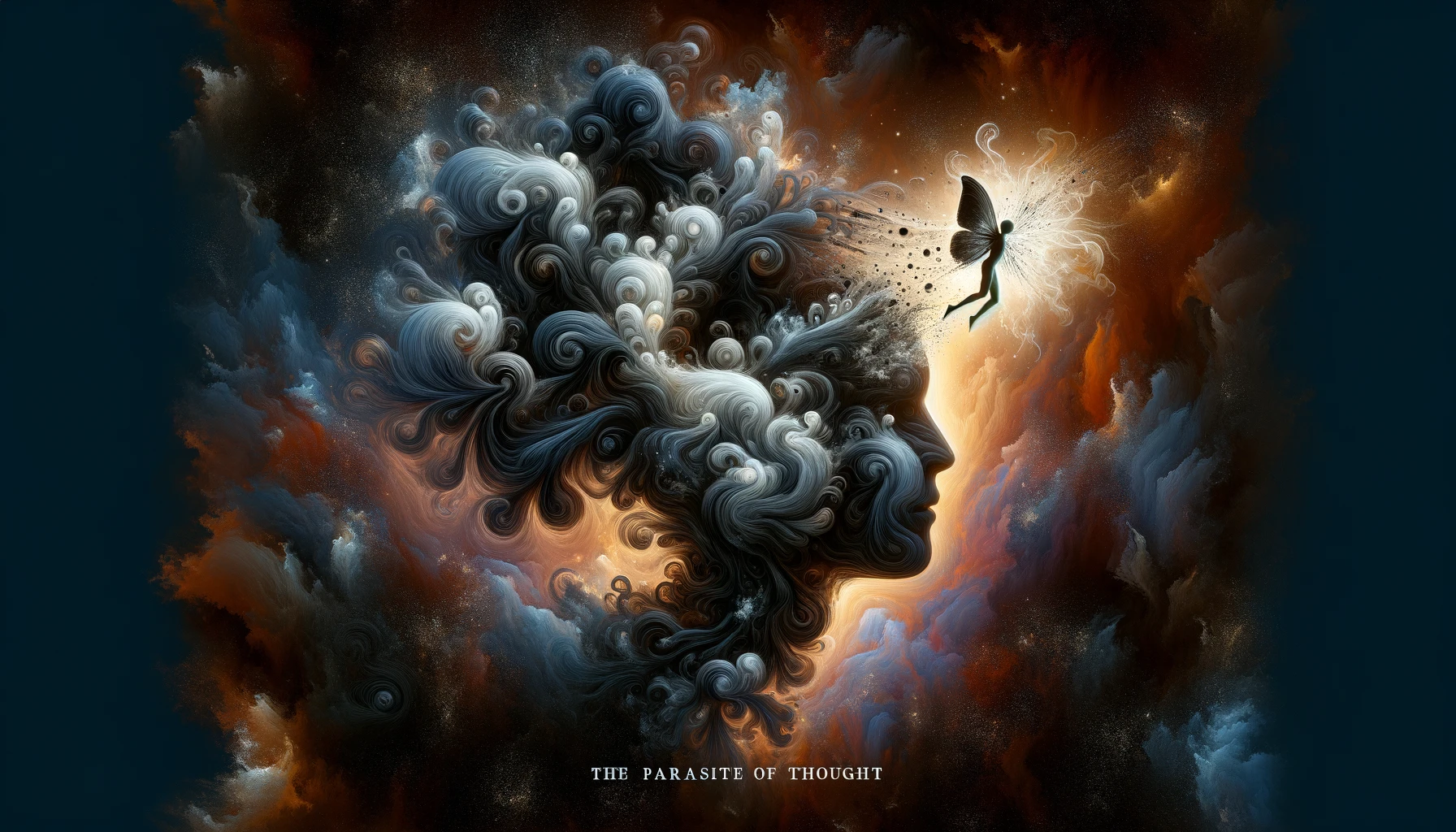



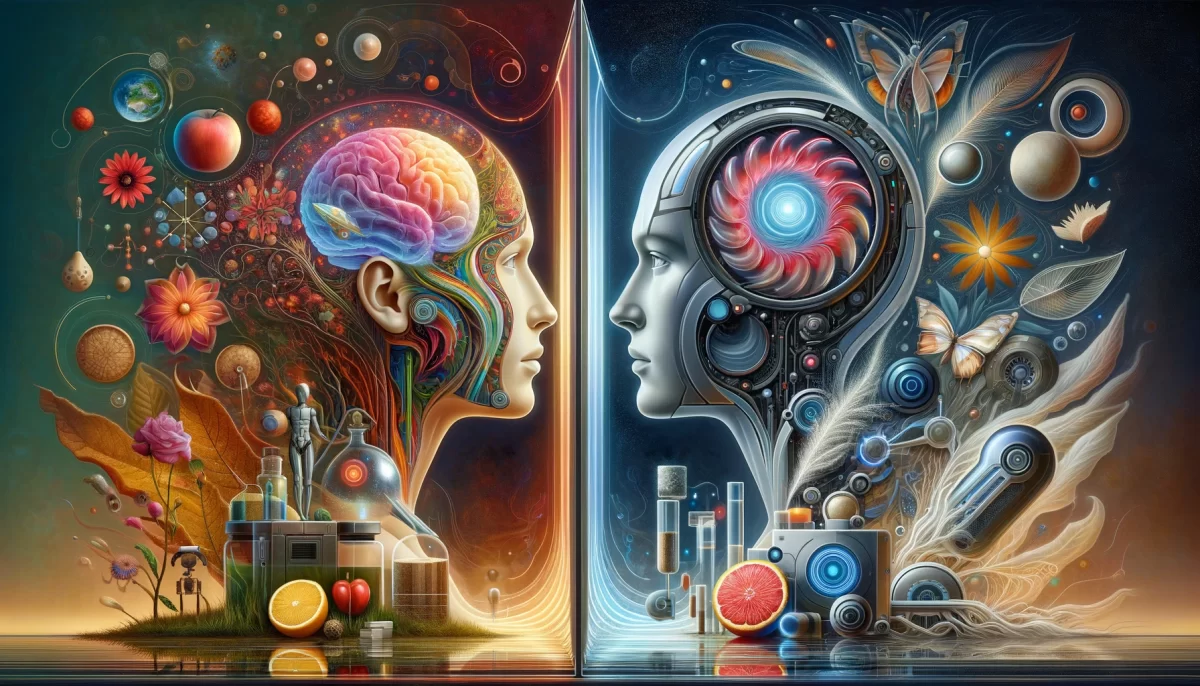


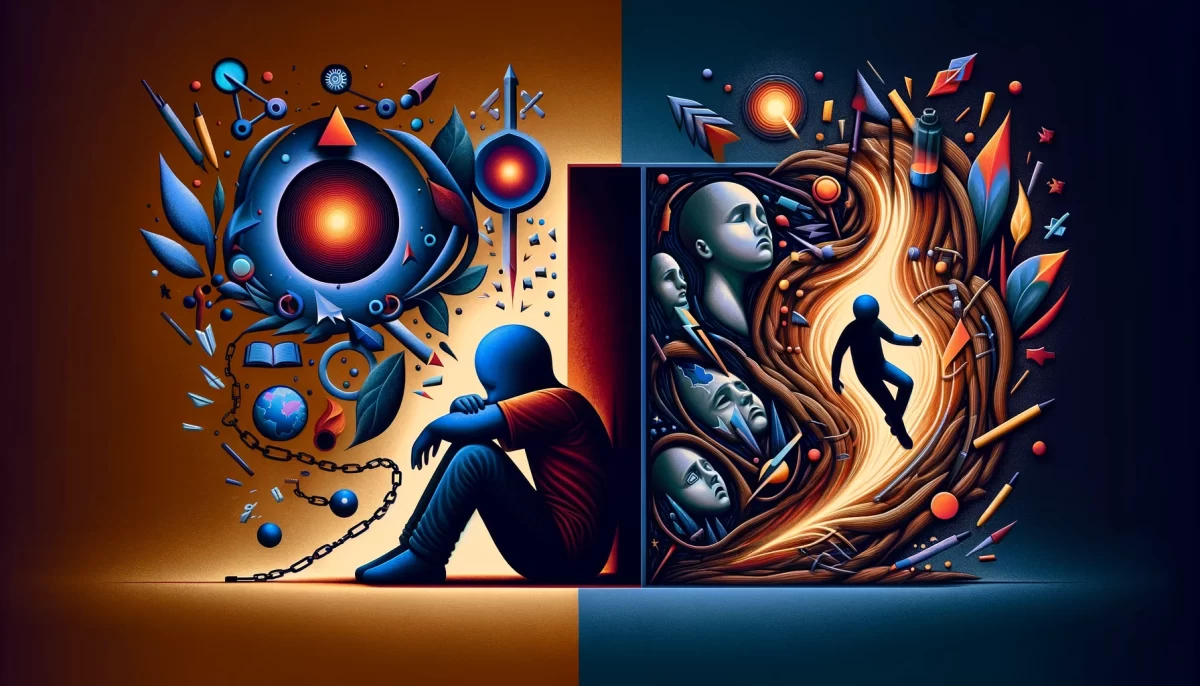
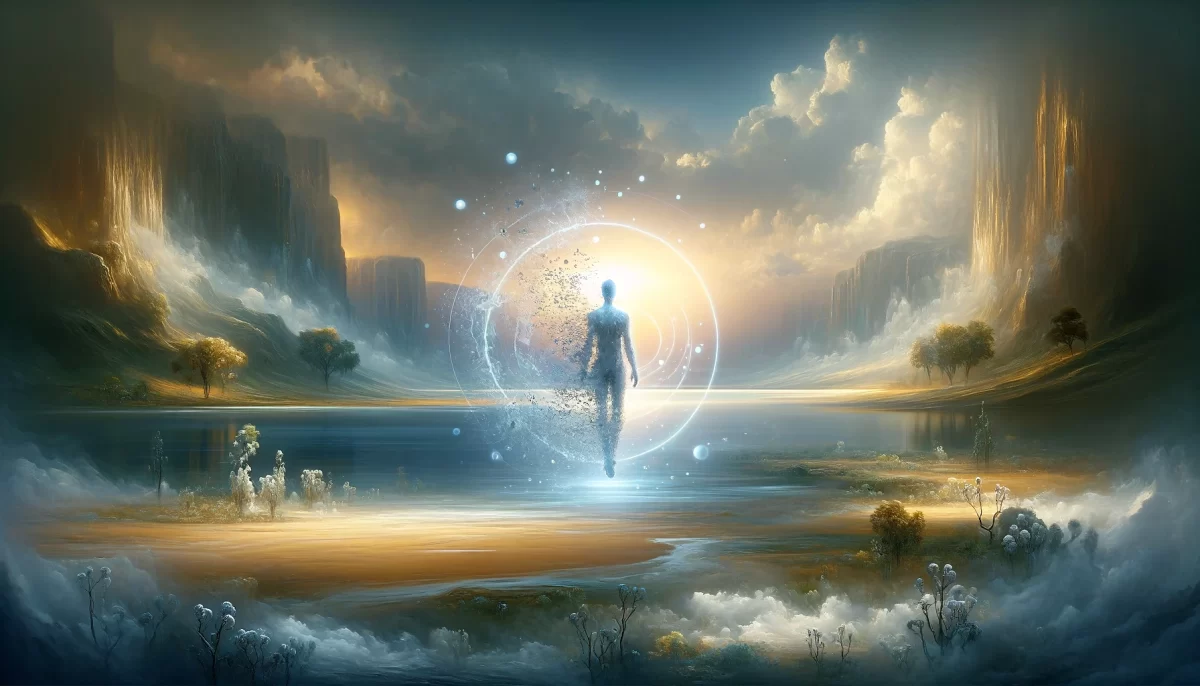
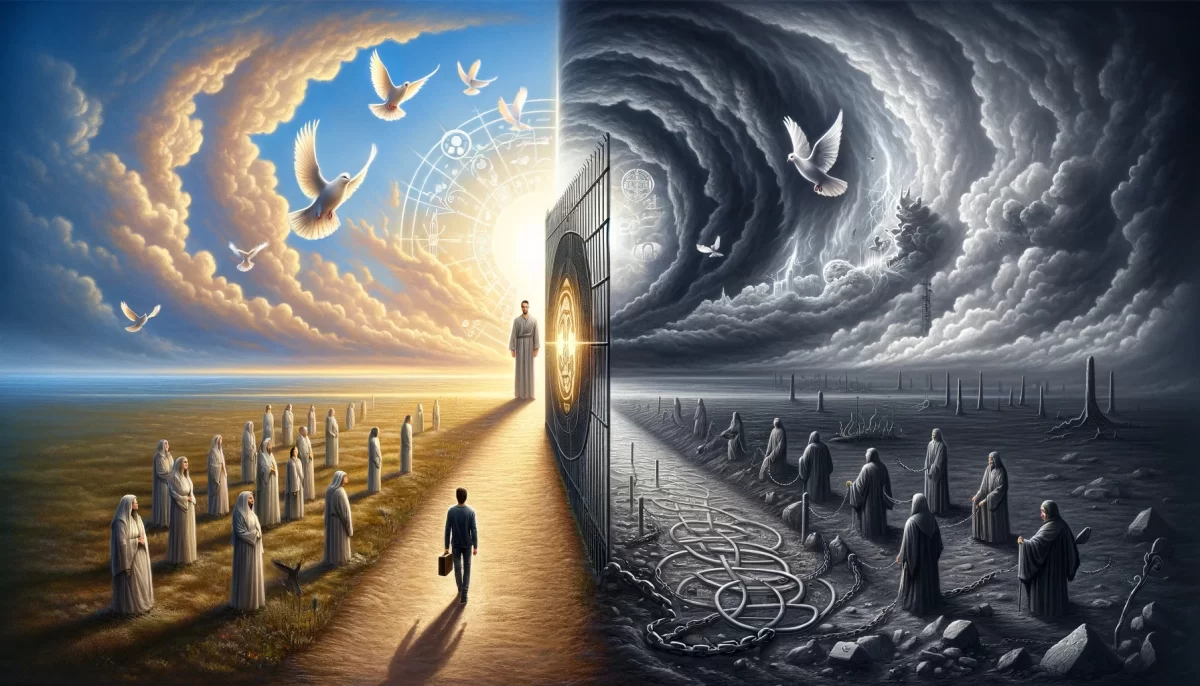

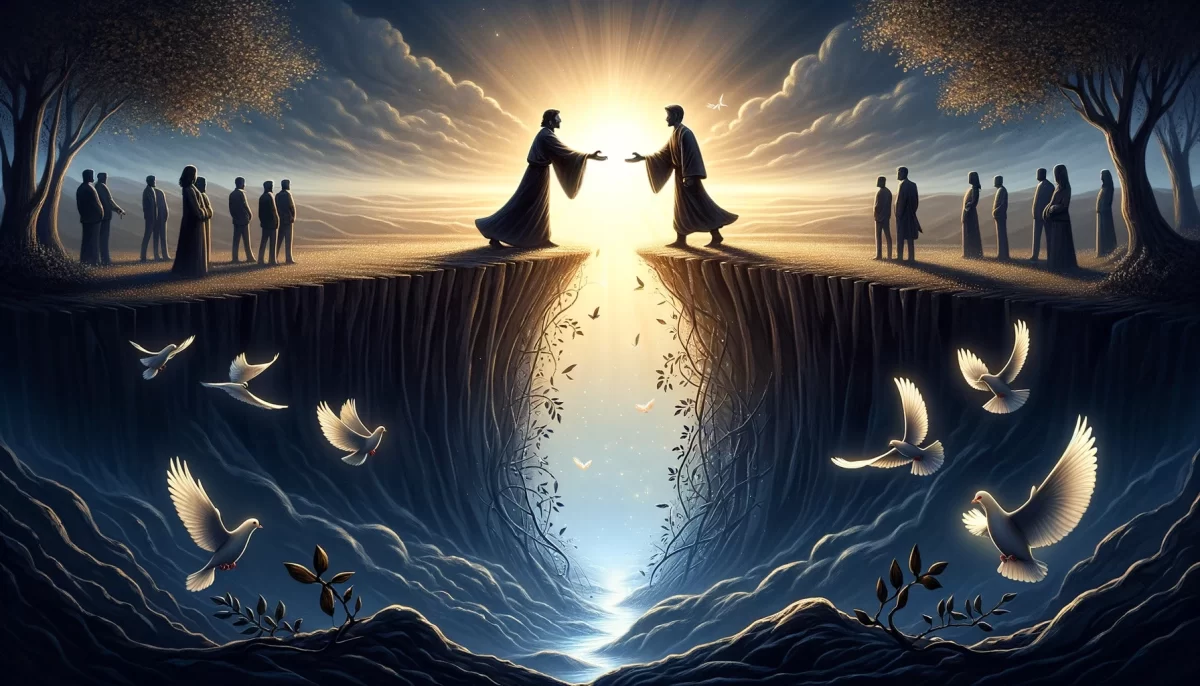
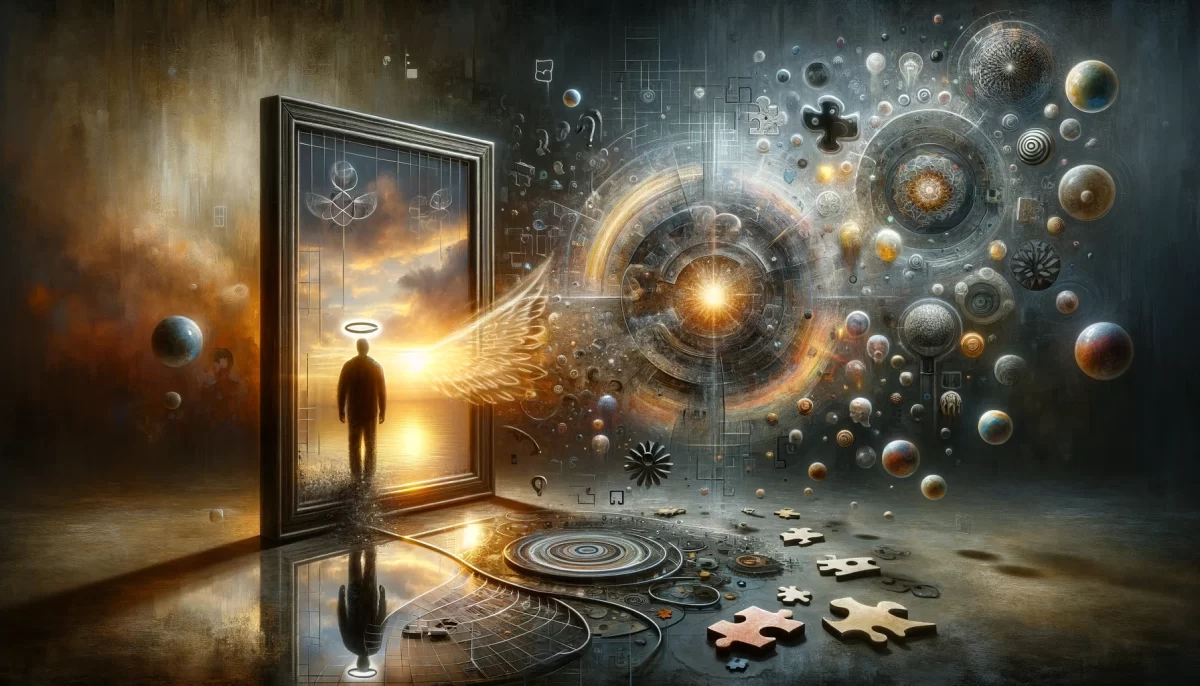
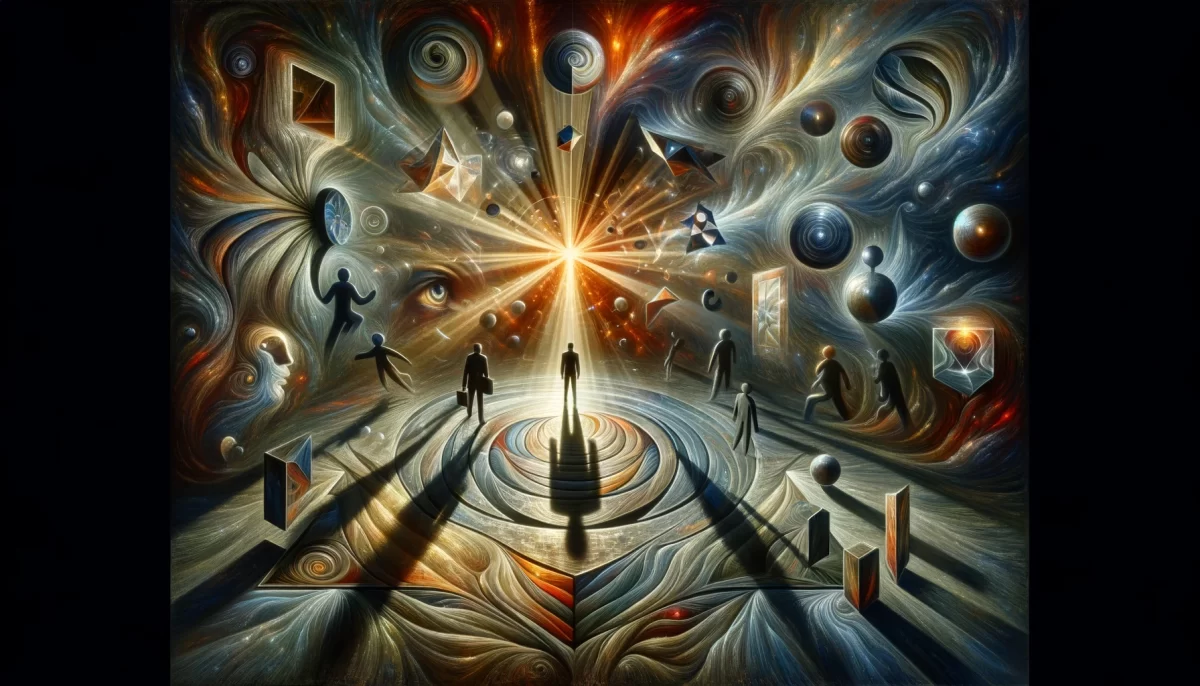




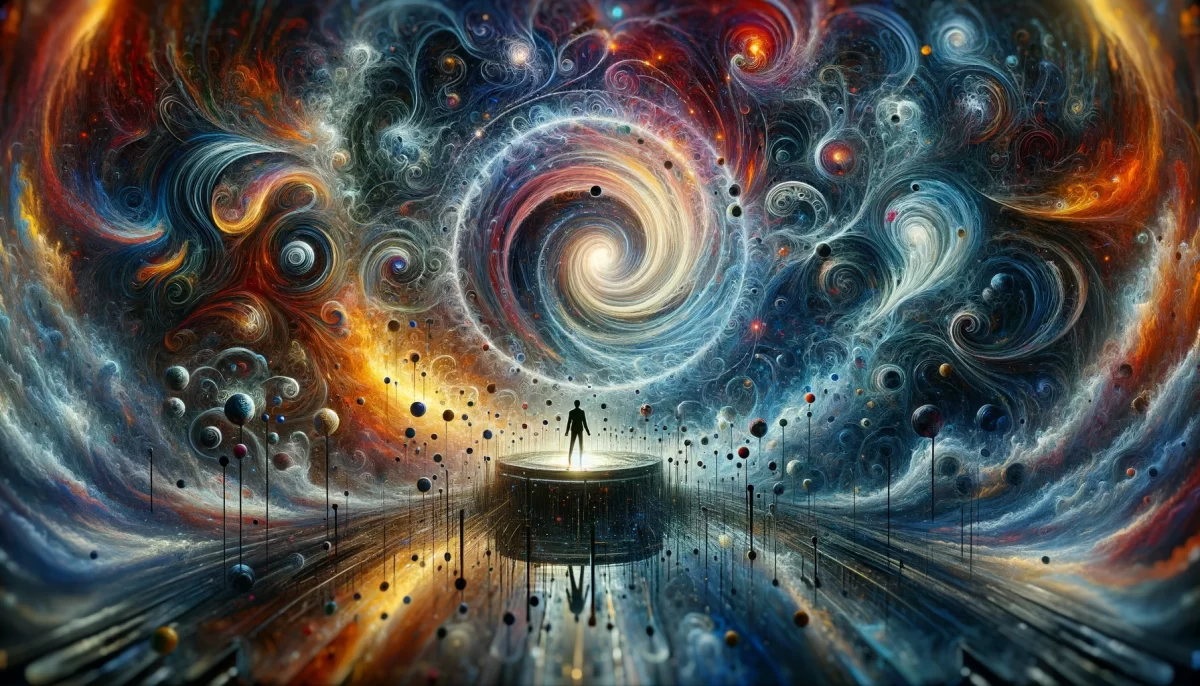

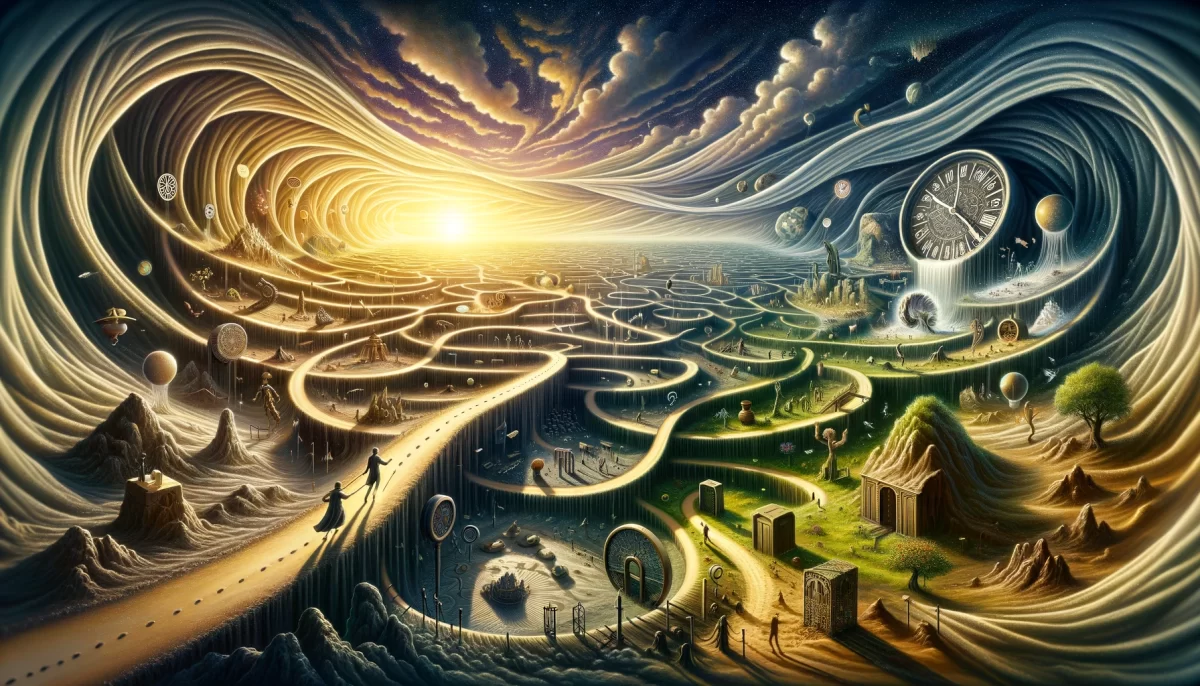


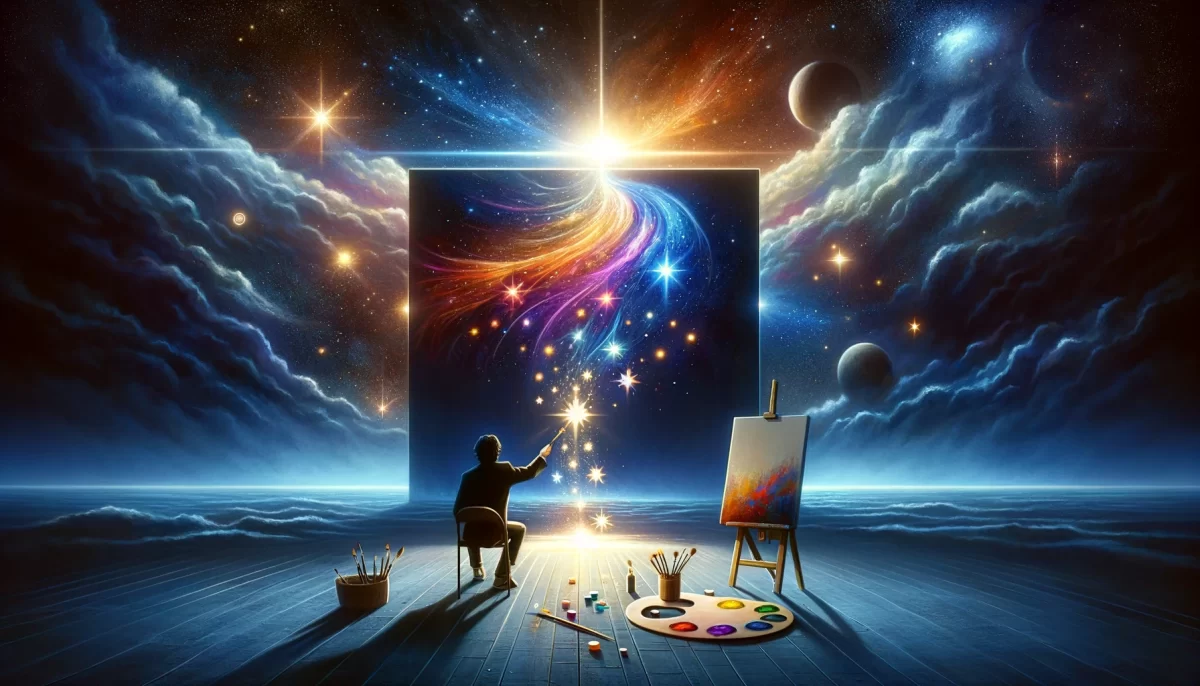
Leave a Reply